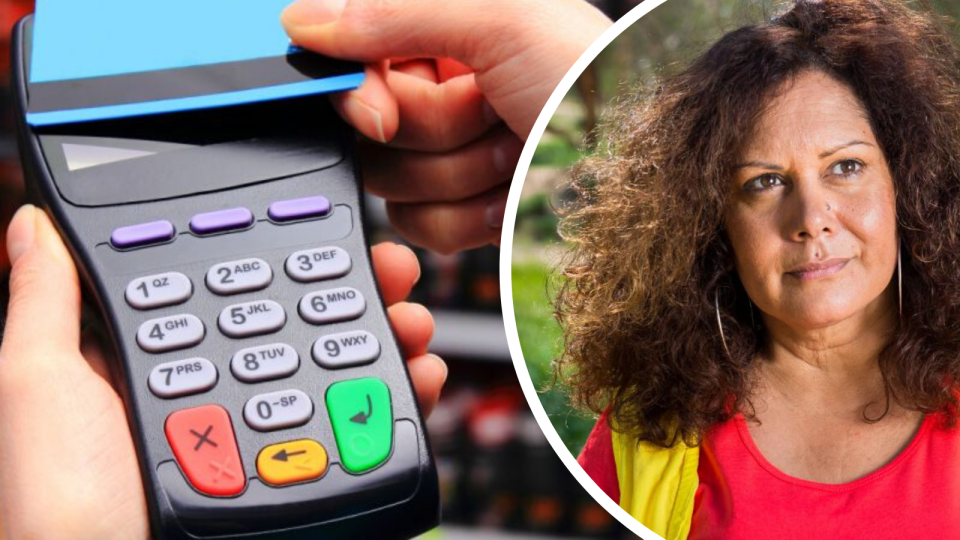Cashless debit cards forcing First Nations people into poverty: NT Senator

Northern Territory senator Malarndirri McCarthy has slammed the Morrison government on the 12th anniversary of the Close the Gap report for failing to meet five of seven targets to reduce the disparity in health, education and employment outcomes for Indigenous Australians.
“We’re not doing well and I think there is greater work to be done in this space,” McCarthy told reporters.
This year, the government is expected to transition around 23,000 income management participants in the Northern Territory and Cape York to the cashless debit card.
Also read: Centrelink’s callous message to bushfire victims with welfare cards
Also read: Would a cashless country leave some Aussies at a disadvantage?
But according to McCarthy, this proposal would likely hinder, rather than help, First Nations people.
“When we look at policies like the CDP [Community Development Program] policy, the cashless debit card, which entrenches First Nations people in poverty in this country, then of course we’re not going to see the outcomes that we want to see in health, in education, in housing, in life expectancy.”
Earlier this year, McCarthy tweeted that the cashless debit card was “bad policy that’s bad for Territorians”.
The Morrison Govt wants to put 22000 Territorians on the #CashlessDebitCard. Can you imagine what would happen in a cyclone or flood? Especially in remote communities that can be cut off for weeks.
This is bad policy that’s bad for Territorians. https://t.co/62lopG3dGM— malarndirri mccarthy (@Malarndirri19) January 7, 2020
The cashless debit card is a “dead-end strategy”
The cashless debit card program is currently running in regional South Australia, Western Australia and Queensland.
In those areas, those who receive a welfare payment like Newstart or Youth Allowance, receive their welfare via the cashless Indue card, which quarantines 80 per cent of their welfare onto the card.
That means they cannot withdraw cash or purchase alcohol.
The government’s approach to welfare has already been heavily opposed by social groups like ACOSS, with Professor Nadine Ezard, the clinical director of St Vincent’s Sydney’s Alcohol and Drug Unit, deeming the proposed drug testing a “dead-end strategy”.
“We’re against it because our expertise and experience tells us that this isn’t the way to help people into treatment,” Ezard said.
Are we closing the gap?
The 12th Closing the Gap report tabled in Parliament today shows Aboriginal children are still miles behind non-Indigenous children in literacy, numeracy and writing skills.
In fact, little progress has been made on five of seven targets, including life expectancy and child mortality rates.
The target to ensure 95 per cent of all Aboriginal and Torres Strait Islander four year-olds are enrolled in early childhood education by 2025 is on track, and the target to halve the gap in Year 12 attainment for Aboriginal Australians aged 20-24 by 2020 is also on track.
Make your money work with Yahoo Finance’s daily newsletter. Sign up here and stay on top of the latest money, news and tech news.

 Yahoo Finance
Yahoo Finance 